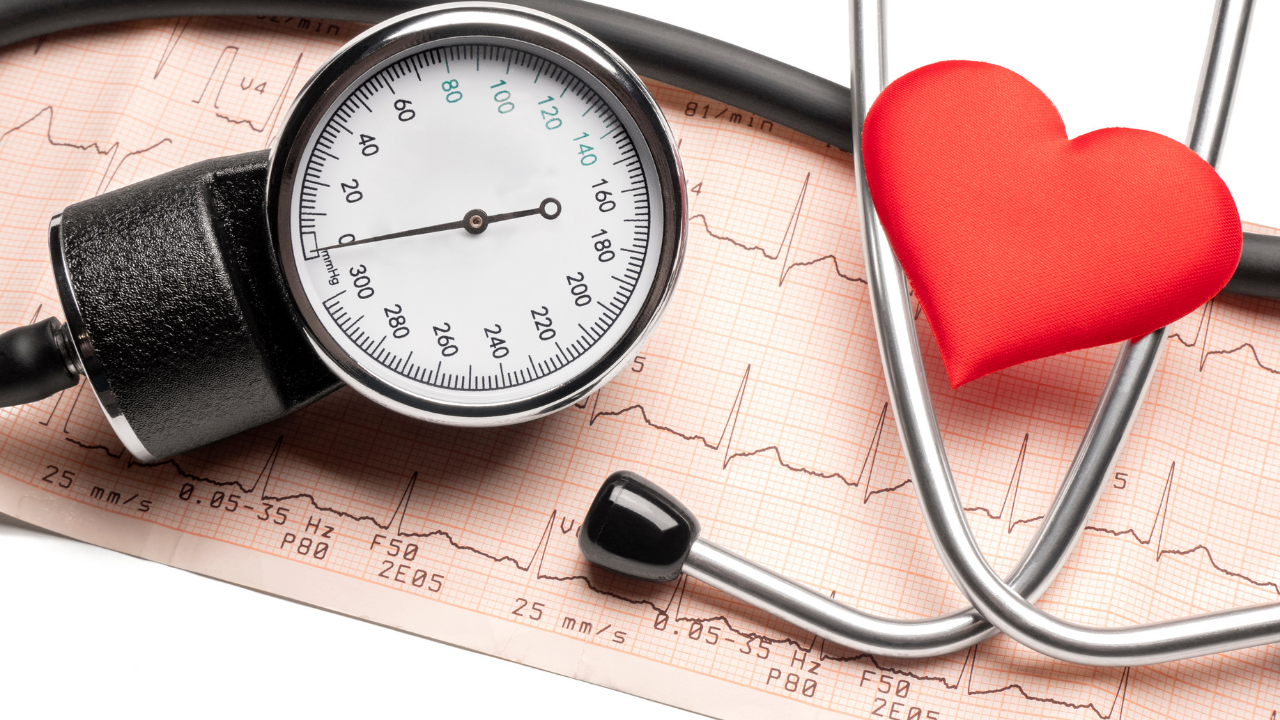What is Carvedilol?
Coreg is a prescription medication used to treat high blood pressure and heart failure. This medication is also used to treat your heart after a heart attack. It belongs to a family of medications called beta blockers. The brand name is Coreg.

How does it work?
Carvedilol blocks the action of hormones such as epinephrine or norepinephrine on blood vessels and your heart. Carvedilol reduces your heart’s force of contraction and heart rate. This in turn reduces the amount of work your heart has to do.
Carvedilol also lowers your blood pressure by relaxing your arteries.
How long before Coreg (Carvedilol) works?
The drug works within one hour, but for it’s full effect it takes a couple of weeks (1-2 weeks).
Carvedilol dosing and administration?
The tablet form of this drug we see the following doses: 3,125mg, 6,25mg, 12,5mg and 25mg.It is typically taken twice a day and your health care provider will start you at your lowest dose and slowly up-titrate the medication based on symptom management and evidence of side effects. Usually your health care provider will keep you on the medication for 2 weeks before making any medication changes.
The recommended dose after a heart attack especially if your left chamber function is compromised is 6.125 mg twice daily.
The medication should be taken with food.
There is an extended release formulation which can be taken once a day.
10 MUST KNOW TIPS:
-

fall 1) If you are getting up from a sitting position or laying position take your time to lower the chance of feeling dizzy or passing out. Watch out when you are going up & down stairs
-
2) DO not suddenly stop the drug because it can increase the chance of a heart attack, chest pain or palpitations. This is because your body is used to this medication. If you need to get off the medication it needs to be tapered off.
-
3) Beta blockers such as Coreg leads to drier eyes.This is because the medication effects the pressure in your eyes which in turn affects the amount of water in your tears. This can become problematic if you wear contact lenses.
-
4) This medication in some cases can increase your blood sugars. This can happen in 5-12% of cases.If you are a diabetic make sure you measure your blood sugar levels carefully.
-
5)The older you are the higher the chances of side effects
Common side effects include:
-
Low blood pressure and orthostatic hypotension in 10-20% of cases
-
Fatigue in 24%
-
Dizziness 2-32%
-
Diarrhea 1-12%
-
Weight gain in 10-12%
-
Low heart rate in less than 10%
-
Weakness in 11%
-
Chest pain 6%
-
Peripheral edema 1-7%
-
Headache 5-8%
-
Depression less than 3%
-
Diabetes 1-3%
-
Nausea and vomiting 2-9%
-
Joint pain 6%
-
Cough 5%
-
Increased potassium 1-3%
-
6)Coreg can increase your potassium.(1-3%) of cases. You may have to limit high potassium foods such as bananas, potatoes or leafy greens.
-
7)Coreg will lower your heart rate. If your heart rate drops to below 55 or below 60 and you are symptomatic such as feeling dizzy your health care provider will lower the dose of your medication.
-
8)If you are an asthmatic or have COPD and taking a beta blocker such as Coreg talk to your provider as this medication can exacerbate symptoms of your disease and make breathing harder. Your health care provider can dose adjust your medication.

-
9)If you are having symptoms of an allergic reaction such as wheezing, chest pain, shortness of breath difficulty swallowing, swelling of your face, tongue throat go to the ER ASAP.
-
10)Coreg can mask symptoms of low blood sugar. These cases are rare. This is because beta blockers block the production of glucose in the liver. If you are prone to low blood sugars you might want to talk to your health care provider about this.
If you are interested in watching the full YouTube video click right here.
Have a good day and Think your Health.
Sources:
1)https://www.accessdata.fda.gov/






